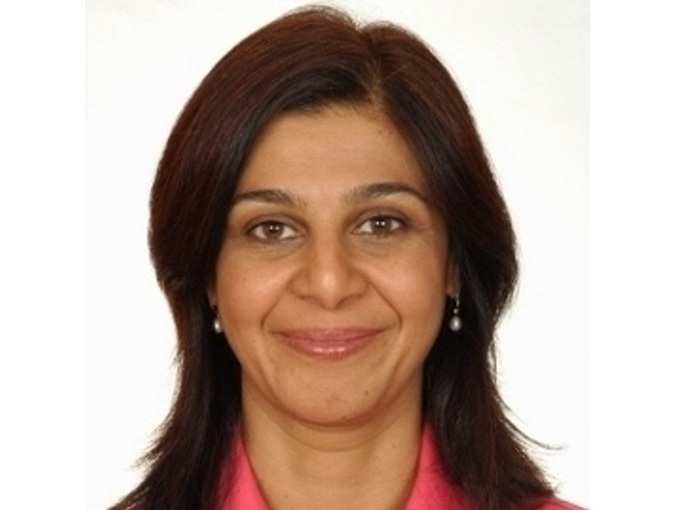
“Make In India”, “Start-up India Movement” or any similar initiative cannot be successful unless we lay a strong educational foundation on which to build it.
The Budget gives us an enormous opportunity to focus on education.
It is a well known fact that India spends far less than the recommended minimum 6% of GDP on education. India spent a little over 3% of GDP on education in 2014-2015, not only lower than the world average, but even far below some of the BRIC countries. While South Africa allocated 6.6% of it GDP in on education, Brazil followed closely with about 6% of its GDP spent on education in 2012. Achieving high rates of economic growth will not translate into development unless we turn our focus strategically towards education.
In 2004, the Indian government introduced an education cess of 2% and added an additional 1% for secondary and higher education in 2009. While a substantial amount of funds have been collected under this tax, the translation of these into progress in the sphere of education is yet to emerge. There is also scope for greater mobilisation of domestic revenue. According to the Education for all Global Monitoring Report, 2014, tax revenue in India in 2011 was 16% of GDP whereas in Brazil it was 24% of GDP and this made the key difference in enabling Brazil to go further than India in improving education quality. In addition to harnessing revenue, there is a need for ensuring transparency in government spending on education, focusing on vocational education, and strategically employing innovations to meet policy objectives.
Education tourism, which refers to travel focused on learning from the location, is an area that could be focused on not just from the point of revenue but with larger objectives. Students from leading business schools now flock to India spend their entire semester here learning how emerging markets function or observing start-ups in India. We should tap into this market to build partnerships that enable us to effectively utilise the students and faculty travelling to India for such tours to promote our own educational goals.
Education bonds in both the public and private sector have been suggested by experts such as Meena Sengupta as a way to deepen the market for investments in education. According to her, tradable education bonds could be used to fund libraries, research, travel grants, student social enterprises and national scholarships. Education bonds are rarely seen in India , even though is entirely logical for education ventures, even if they are not for profit, to increase the range of their funding options by seeking debt in the open market.
The other side to this is social impact bonds, which refer to a new innovation where government enters into a contract with a private sector intermediary for achieving social objectives. The intermediaries are responsible for raising capital from investors, and based on whether the project achieves its objectives, the government repays the investors. The first such bond in India has been launched to improve educational outcomes in Rajasthan. The budget need not be just an exercise in fund allocation, but rather an innovative tool for promoting our development goals, particularly in education.
Image source

Dr. Anitha Ramanna-Pathak is Assistant Professor at S P Jain School of Global Management. She has a Ph.D. in International Studies from Jawaharlal Nehru University, New Delhi and a post doc from the International Food Policy Research Institute, Washington, D.C., USA. She is also a Fulbright Scholar and was affiliated with Harvard University and the University of California, Berkeley and was C R Parekh Fellow at the London School of Economics & Political Science.
